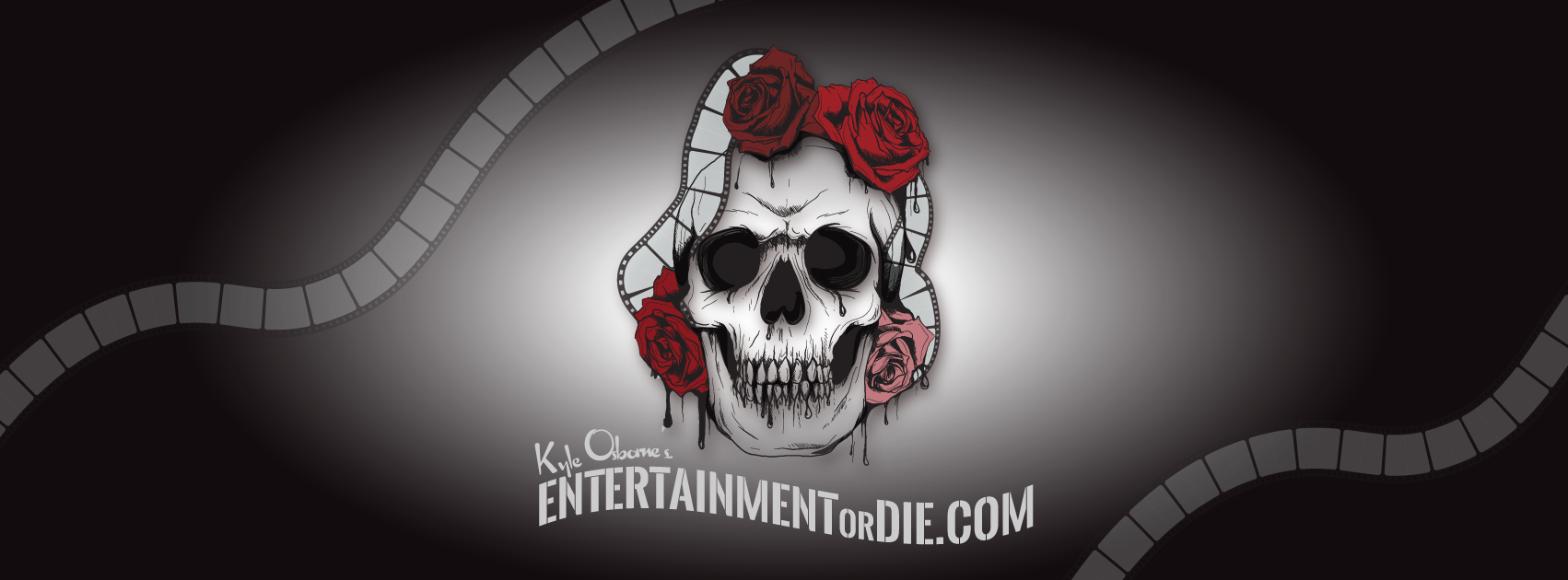For me, “Amour” was a long slog–forget about watching the character’s life slip away–what about MY life?
I’ll give it a second look. I mean, obviously I’m missing something. Let’s check in with guest critic Rick Sandlas from the great site http://www.dearfilm.net Sounds like Rick is picking up what I didn’t get.
Remember, at DearFilm.net, the critics write their reviews in the form of letters to the film. Take it away, Rick.
Dear Amour
As we begin our time together in what appears to be an impeccable, yet familiar French film setting with all the ambiance of a cosmopolitan elderly couple. I am introduced to Georges and Anne who are cultivated, retired music teachers that share the simple Parisian lifestyle of cultured Europeans. The visuals show a clean vintage feel that will paint a simple film canvas that will let the basic nature of the intimate story to clearly unfold. As we sit at breakfast with them, the attention of the movie quite quickly moves to Anne’s lapsed attention episode, the inference of a stroke and finally, the unsuccessful surgery that confirms the fact.
As Anne is brought home for the convalescence without the use of her right side, the almost staccato and plain visual representation of day to day living for this independent aged couple lulls me into an almost complacent viewing. That is, until she greets him returning from a friend’s funeral and quietly lays her cards out on the table, telling him, that she doesn’t want to continue like this, not really. It is a moment anyone in this situation dreads to hear uttered and I squirm a little. As life goes on and the small moments lead to more and more angst about Anne and her ‘recovery,’ it suddenly dawns on me what the emotional state is that generates all the weight of this simple drama. It is really about mortality as well as love. Ultimately peering closely at the compromises we make on the march to death that anyone entering old age will face. It is a powerful universal premise.
What’s haunting along with the flow of this story is that I am reminded that viewers see her after her death at the very beginning of the film and that is stark on its own, but yet, with Michael Haneke’s peerless minimalistic filmmaking, the low key, onion peeling of this story is still riveting. When the depredations of the second stroke are suddenly shown, this gets all the harder to watch. But compelled as I am to continue, it’s now easier to see some of the amour to which the title of this film alludes. The fact that it is not pleasant at all and doesn’t resemble anything Hollywood would espouse lends even more credence to its reality. This is not “The Notebook” by any stretch. Yet, Anne and Georges are so powerfully portrayed that the actors achieve that rare nirvana of living their character on screen. Emmanuelle Riva is a revelation as Anne and her physical degradation so compelling that she ceases to resemble herself. This Cannes Film Festival Palme d’Or winner should easily see more nods from the academy.
Though I lay accolades at the feet of the creators of this stunning tale, Michael Haneke included, that still doesn’t address the dark nature of this everyday life process. Perhaps with that said, while recalling Georges trying to maintain privacy and dignity throughout the last days of her life I wonder if some parts of our lives are better left to those with which we share that intimacy. Maybe this thought comes to me as a foreshadowing of the resolution of this film which is, as most anyone will guess, an unpleasant, hard and fateful outcome that refuses to bandy about banalities about death and life and indeed ultimately amour!
For even in the end, love is what this film is about, even if it is a hard love and as Anne once chided Georges about being mean and monster at times, it is his ability to accept being left behind that redeems him to me in a very deep and profound way. For while she wasn’t alone, that’s all he will know after she is gone. As the final scene plays out between Anne and Georges and it reminds the viewer of their deep and abiding connectedness, there is also a somber daughter pacing their empty abode reminding us of who is left behind to offer mute meaning and loss to this story.
I once wrote about great films you would only ‘want’ to see once, and though this one easily joins that pantheon, imperfections and all, it does so in a deceptive way, because I already know we will see each if only on those rare occasions I need to be reminded about the depth, scope and power of Amour!
May you never be forgotten,
Rick

